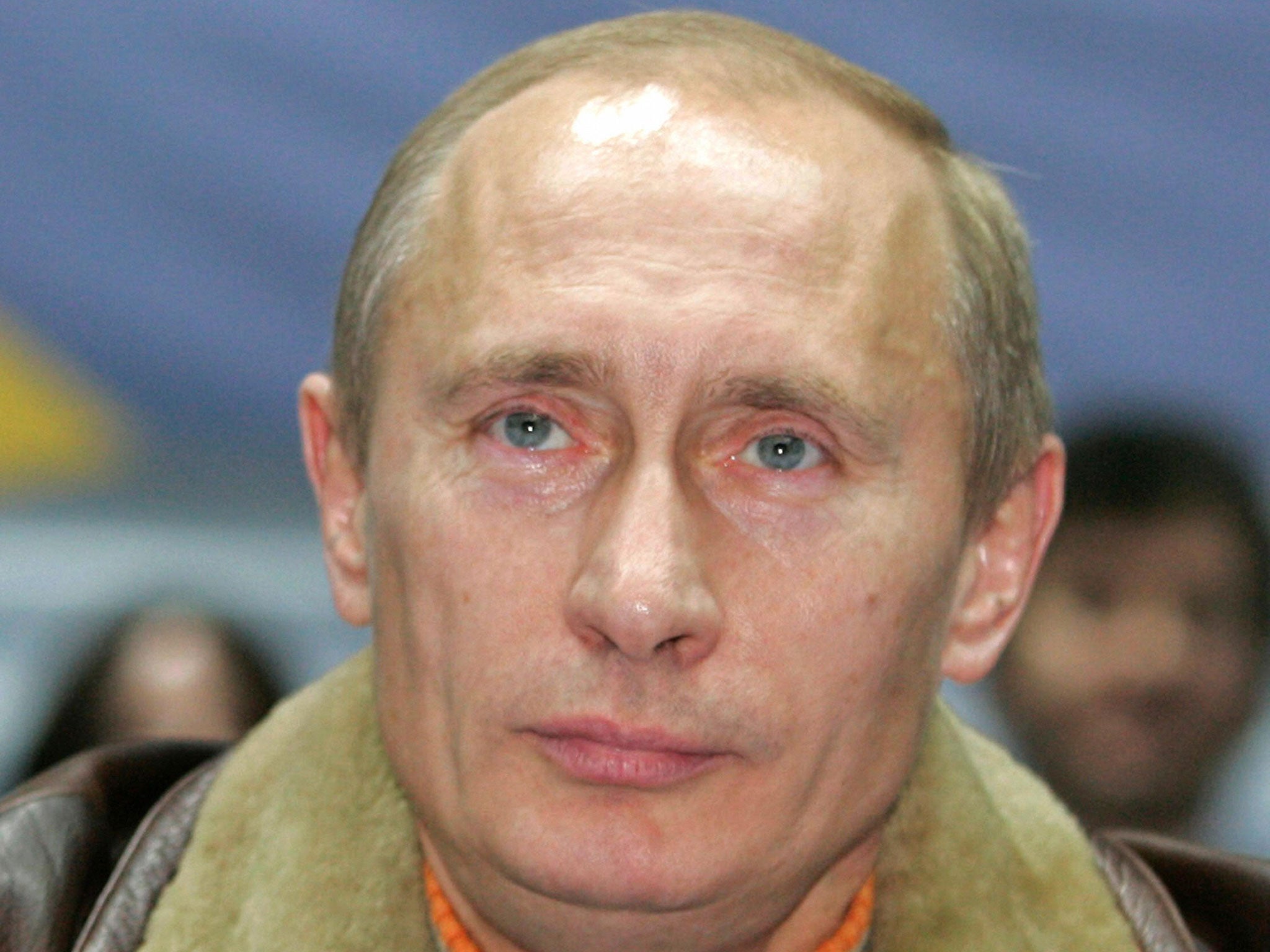Russia set to pass strict anti-gay law that could see foreigners deported for 'sexual propaganda'

Your support helps us to tell the story
From reproductive rights to climate change to Big Tech, The Independent is on the ground when the story is developing. Whether it's investigating the financials of Elon Musk's pro-Trump PAC or producing our latest documentary, 'The A Word', which shines a light on the American women fighting for reproductive rights, we know how important it is to parse out the facts from the messaging.
At such a critical moment in US history, we need reporters on the ground. Your donation allows us to keep sending journalists to speak to both sides of the story.
The Independent is trusted by Americans across the entire political spectrum. And unlike many other quality news outlets, we choose not to lock Americans out of our reporting and analysis with paywalls. We believe quality journalism should be available to everyone, paid for by those who can afford it.
Your support makes all the difference.Russia’s parliament will debate a controversial law on Tuesday that could see people arrested for behaviour that is deemed to promote homosexuality.
The bill provides for Russian citizens engaged in the “propaganda of non-traditional sexual orientation” to be fined, while foreigners could be arrested and immediately deported.
If the Duma passes the law in its key second reading, it could come into force by the end of the month.
A number of regions have already adopted a similar law, and now MPs from President Vladimir Putin’s United Russia party want to implement a nationwide ban on “gay propaganda”.
The law defines the rather nebulous concept as “spreading information aimed at forming non- traditional sexual behaviour among children, suggesting this behaviour is attractive, and making a false statement about the socially equal nature of traditional and non-traditional relationships”.
Fines for breaking the law will be up to £100 for individuals, £1,000 for officials, and £20,000 for organisations. Already there have been doubts about how to define propaganda, with a group of Communists in southern Russia complaining that Elton John’s stage outfits should be considered “homosexual propaganda”.
Gay rights activists have sharply criticised the law, which they say worsens an already difficult situation in Russia, where many people still believe homosexuality should be “treated”. In recent weeks there have been two killings in which homophobia appears to have played at least a part, and the loose language of the law suggests that even services such as counselling for gay teenagers, or safe-sex advice, could theoretically be deemed illegal.
Gay-rights activists and anti-gay activists plan separate demonstrations as MPs debate the law. The first reading of the bill was passed in January by 390 votes to one.
Join our commenting forum
Join thought-provoking conversations, follow other Independent readers and see their replies
Comments